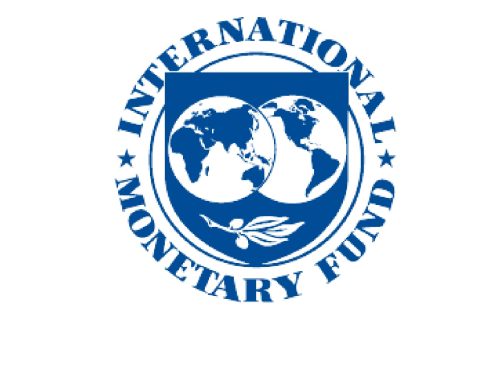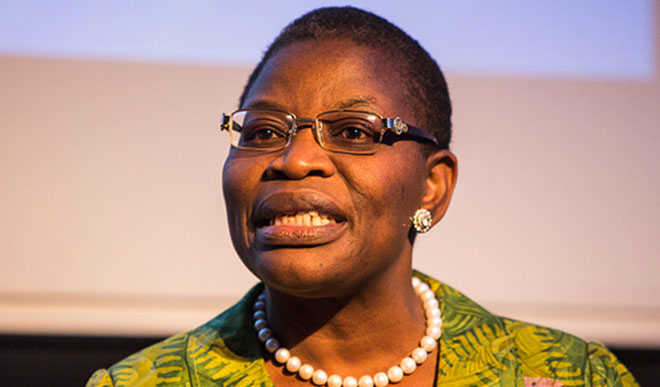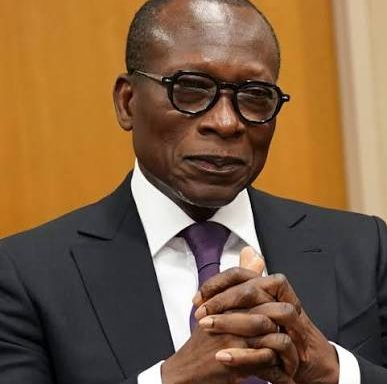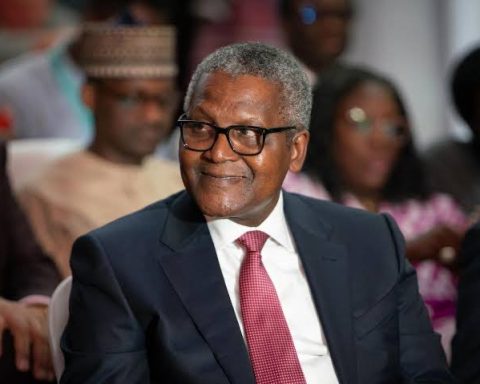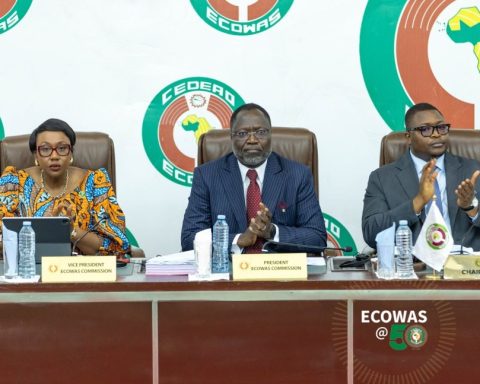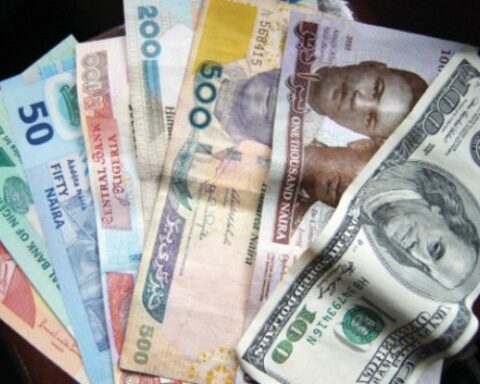Nigeria’s economy will decline between 2023 and 2024, the International Monetary Fund (IMF) has revealed in its World Economic Outlook Update.
The IMF said the decline will be driven by the country’s oil sector, which has been battling sabotage and oil theft for years.
Join our WhatsApp ChannelIn the World Economic Outlook Update, for July 2023, released on Tuesday, 25 July, the IMF said Nigeria’s economy will grow by 3.2 per cent in 2023.
However, Africa’s largest economy will decline to 3 per cent next year on the back of a projected 21 per cent fall in oil prices this year. Recall that oil prices rose by 39 per cent in 2022.
IMF opined that the insecurity in Nigeria’s oil sector will affect the industry’s growth, “Growth in Nigeria in 2023 and 2024 is projected to gradually decline, in line with April projections, reflecting security issues in the oil sector,” the report reads.
Although IMF’s projection for 2023 is well above that of the Central Bank of Nigeria (CBN), which is 2.66 per cent, it is below the 4.20 per cent the Federal Government projected.
Projecting the performance of the sub-Saharan African economy, the IMF said the growth is projected to decline to 3.5 per cent in 2023 before picking up to 4.1 per cent in 2024.
It further stated that South Africa would also record a decline in its growth, which is “expected to decline to 0.3 per cent in 2023, with the decline reflecting power shortages, although the forecast has been revised upward by 0.2 percentage point since the April 2023 WEO, on account of resilience in services activity in the first quarter,” the IMF said.
The IMF also stated that most countries will continue to battle soaring inflation, so central banks should ensure price stability and provision of liquidity if need be.
“In most economies, the priority remains achieving sustained disinflation while ensuring financial stability. Therefore, central banks should remain focused on restoring price stability and strengthening financial supervision and risk monitoring.
“Should market strains materialise, countries should provide liquidity promptly while mitigating the possibility of moral hazard. They should also build fiscal buffers, with the composition of fiscal adjustment ensuring targeted support for the most vulnerable.
“Improvements to the supply side of the economy would facilitate fiscal consolidation and a smoother decline of inflation toward target levels,” the statement reads.



